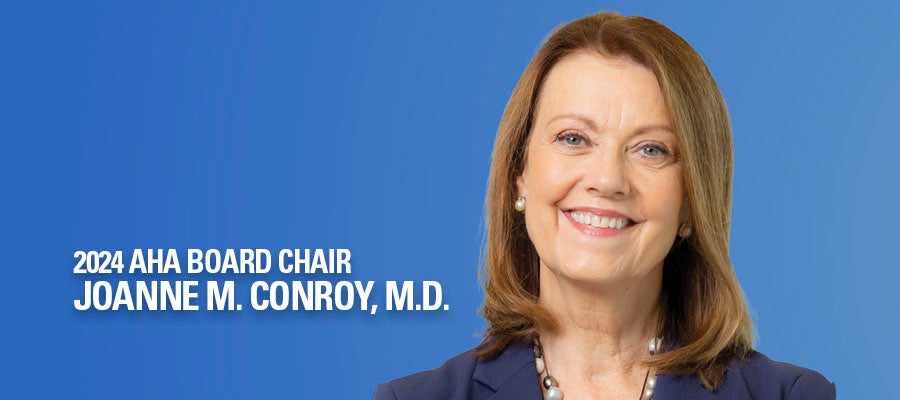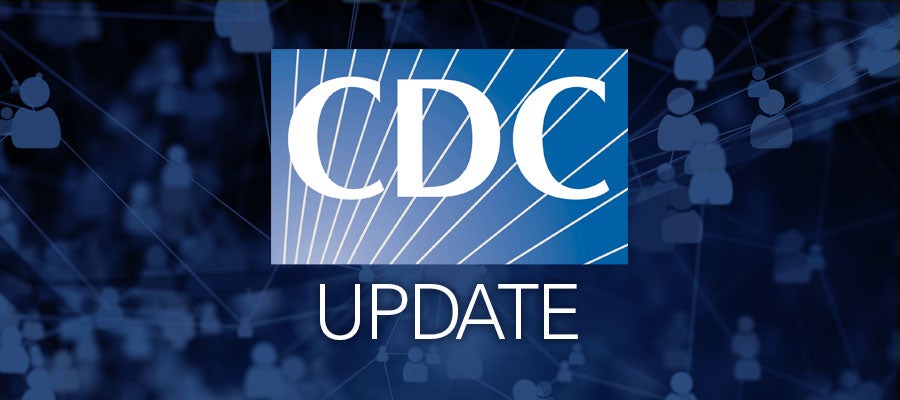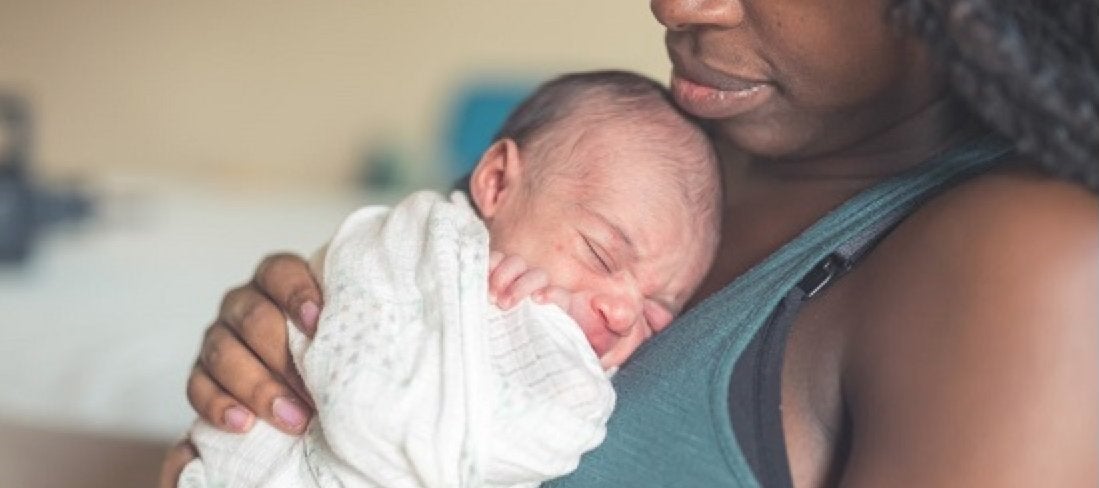More than 700 women die from pregnancy- and delivery-related complications every year, with thousands more suffering from severe health problems related to pregnancy, write AHA’s Robyn Begley, R.N., senior vice president and chief nursing officer and CEO of the American Organization for Nursing Leadership, and Priya Bathija, vice president of strategic initiatives, who note that such deaths are disproportionately affecting communities of color due to implicit biases and disparities.





